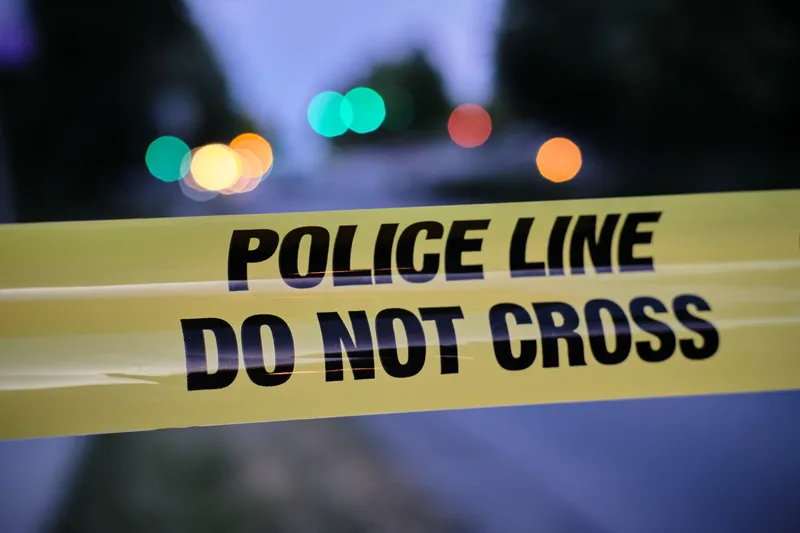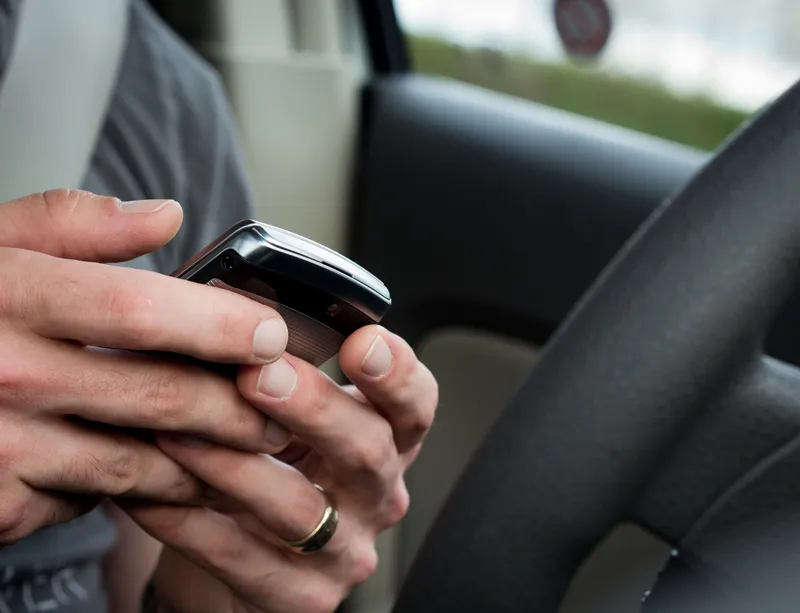
As cannabis use has been legalised in more US states, more drivers in fatal crashes in the US tested positive for the drug during the Covid pandemic.
This has prompted authorities to issue guidance about the types of safety messages to cannabis users that do and don’t work.
The Governors Highway Safety Association (GHSA), Responsibility.org and the National Alliance to Stop Impaired Driving (Nasid) have released a report that provides guidance on how State Highway Safety Offices (SHSOs) can better communicate with cannabis users about safe driving.
Cannabis Consumers and Safe Driving: Responsible Use Messaging points out that recreational cannabis was legal nowhere in the US in 2011 - now it is permitted in 18 states and more ballots on the issue are expected in other states in November.
The report emphasises the need for effective public outreach and education.
An AAA Foundation for Traffic Safety survey found that 95% of people say driving while over the legal blood alcohol concentration limit is very or extremely dangerous - but only 69% believe it is dangerous to drive within an hour of consuming cannabis.
“Motorists need to know the dangers of driving under the influence,” said GHSA executive director Jonathan Adkins.
“But that message won’t be heard if it’s outdated, irrelevant or insulting to cannabis consumers. This new report offers a playbook to help states develop messaging that resonates with cannabis users and prompts them to refrain from driving for their own safety and the safety of everyone else on the road.”
The report highlights lessons learned from outreach efforts in Colorado and Washington, which were the first states to legalise cannabis, as well as more recent efforts in Connecticut and Wyoming.
The need for dedicated funding, forming partnerships with the cannabis industry and finding trusted ambassadors to convey factual driving messages are among the key findings of the report.
“Impaired driving, whether it involves alcohol, cannabis, other drugs or a combination of substances, is wreaking havoc on our nation’s roads, and we all must respond quickly and effectively,” said Darrin Grondel, director of Nasid.
For more on this story, see the North America edition of ITS International September/October 2022, which is out soon








